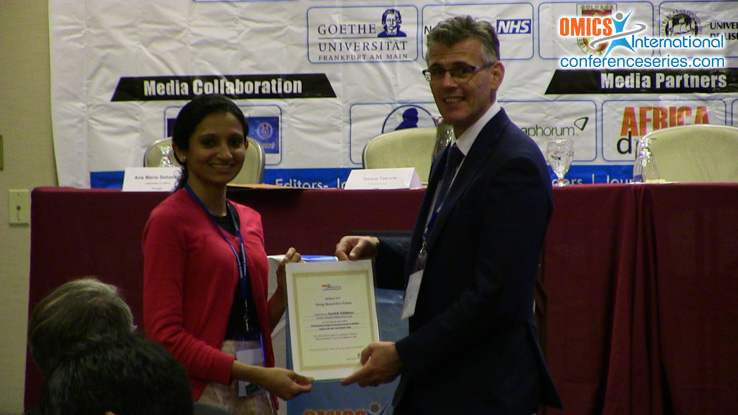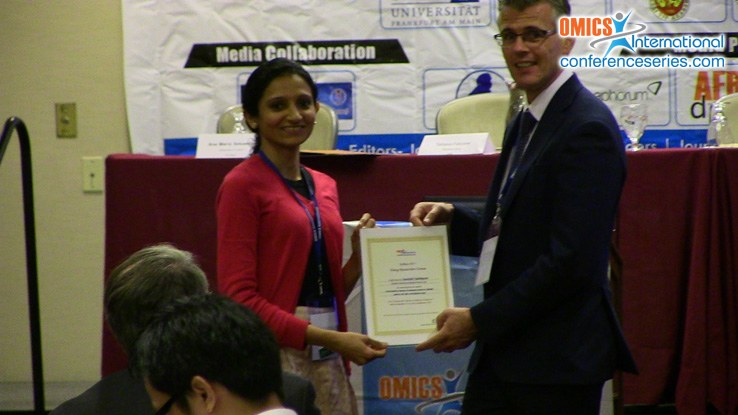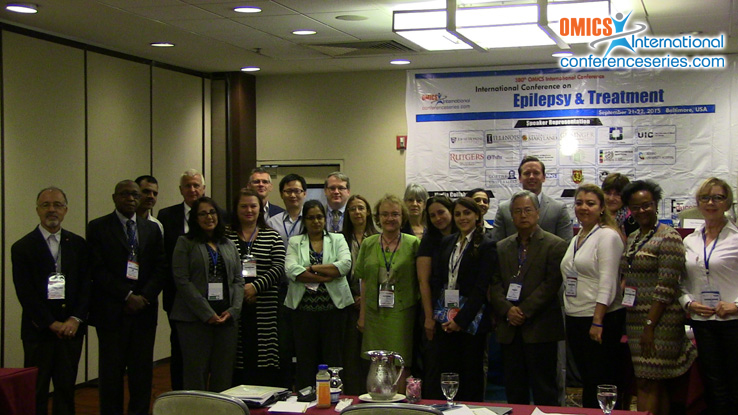
Sloka Iyengar
Northeast Regional Epilepsy Group, USA
Title: Exploring Synaptic Plasticity in the Epileptic hippocampus in Epilepsy
Biography
Biography: Sloka Iyengar
Abstract
Temporal lobe epilepsy (TLE) is a neurological disorder that can be caused due to stroke, traumatic brain injury or meningitis and is characterized by spontaneous, recurrent seizures. Medications used to treat TLE are called anti-epileptic drugs (AEDs) and can be associated with side-effects and refractoriness. It is important to better understand the changes that place in the brain that enable and sustain epileptic seizures in order to provide better therapies for people with epilepsy. The process by which a normal brain becomes ‘epileptic’ is called epileptogenesis and I have been studying epileptogenesis using experimental rodent models for the past ten years. All my studies have focused on the temporal lobe mainly the hippocampus because of its role in seizure generation and propagation. Using electrophysiology, we found differential regulation of synaptic plasticity by a neurotrophic factor called neuregulin (NRG) in the epileptic brain as compared to the non-epileptic brain. In another project, we focused on a process called adult neurogenesis in the hippocampus. Using mice, we found that a reduction in adult neurogenesis increased susceptibility to seizures. Currently used AEDs are associated with substantial side-effects because they act on both the healthy non-diseased tissue and the epileptic tissue. Exploring differences between the epileptic and non-epileptic circuitry could ultimately lead to development of more efficacious therapies for people with epilepsy.



